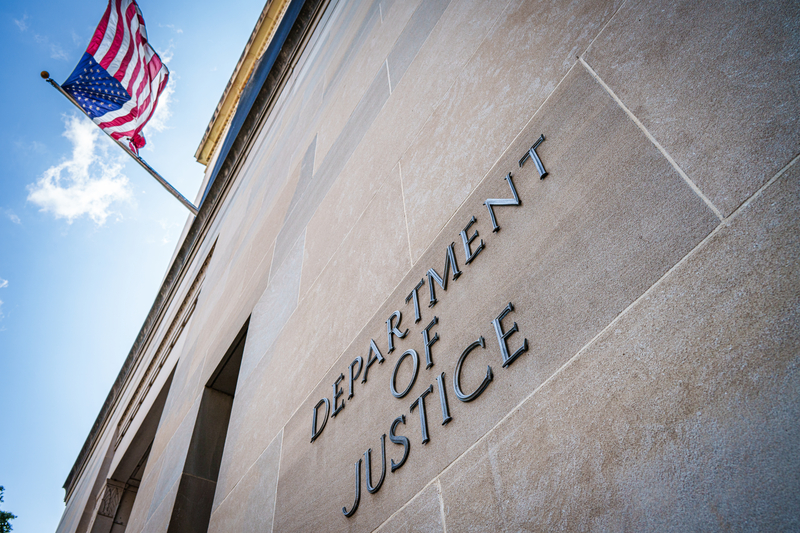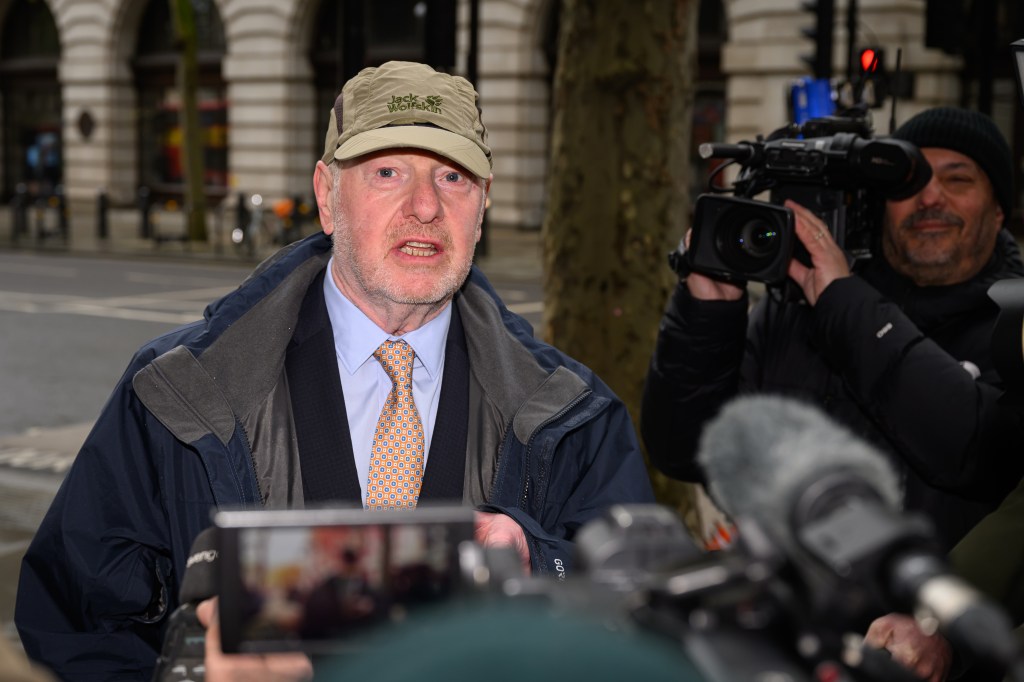The UK Department of Justice has called for expert views on the use of computer evidence in the criminal justice system as pressure grows to replace a 26-year-old legal presumption on the burden of proof.
A Law Commission recommendation in 1999 introduced the presumption that computer evidence was correct unless there was explicit evidence to the contrary into law. That presumption underpins convictions secured against former Post Office subpostmasters in what is widely regard as one of the biggest miscarriages of justice in UK legal history.
Now, the DoJ is inviting views from justice and computer system experts over a period of 12 weeks, although that link to the call was serving up a 404 page not found message as this article was written. So much for computer infallibility!
Post Office Horizon scandal
We have covered the growing calls to change the law, calls which have only increased in intensity since details of the Post Office Horizon scandal came to wider public attention as a result of a TV docudrama. UK trade publication Computer Weekly originally broke the story in 2009, and has reported extensively on it.
Despite repeated demands for action by the government, there has been no movement, a state of affairs strongly criticised by our regular columnist Carroll Barry-Walsh, who characterised the Law Commission decision as displaying “the arrogance of people who don’t know what they don’t know” and who persuasively argued that “government inaction is not an option.”
The new UK government seems to have indicated some willingness to change, with Justice Minister Sarah Sackman KC saying: “We must learn the lessons of the Post Office scandal. A blanket ‘no questions asked’ acceptance of the accuracy of digital evidence can have a devastating impact on people’s lives. We need to carefully consider how we can both use and interrogate digital evidence in court.”
Define computer evidence
The DoJ is seeking comment “on how computer evidence should be defined, and what could fall into scope of any change to the law.” And it says distinctions may need to be drawn between “general digital evidence like text messages or social media posts, and evidence which has been specifically generated by a computer system or software.”
But while the move appears to indicate some progress being made, campaigners to change the law including Conservative peer Lord Arbuthnot feel the government should be proposing solutions rather than calling for evidence.
Barry-Walsh told us: “There have already been sensible suggestions made from IT and legal experts on how to improve the law on the probity of computer evidence – see, for instance, the paper by Paul Marshall (one of the barristers representing subpostmasters) and James Christie in 2018. The Head of the Law Commission is Mr Justice Fraser, the judge who gave the judgments blowing the Post Office scandal wide open. The government could do with considering the material already produced and speaking to those already knowledgeable about these issues rather than just waiting for more evidence, especially if it wants to avoid the impression that this will amount to yet more kicking into the long grass.”

















